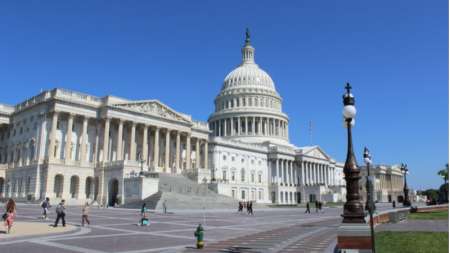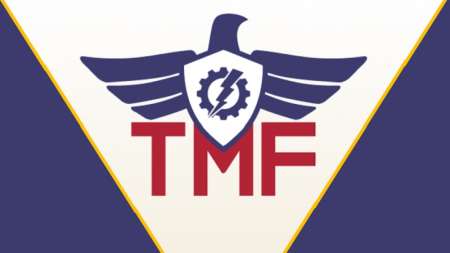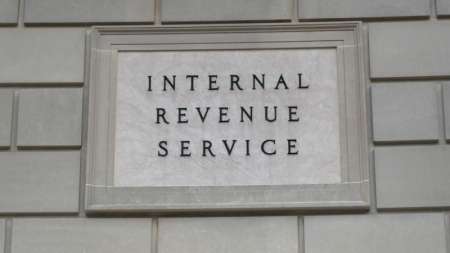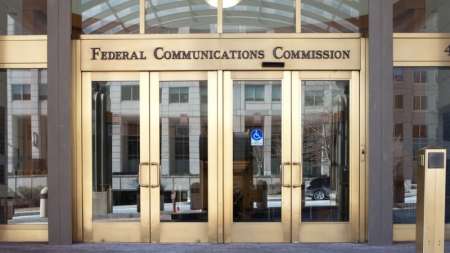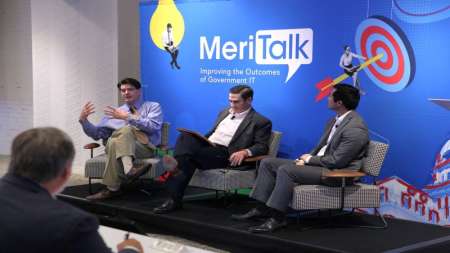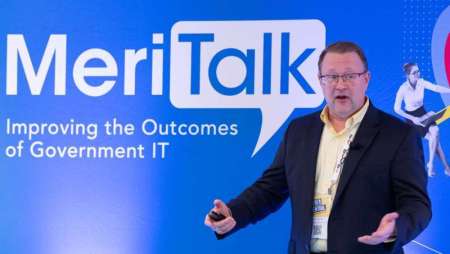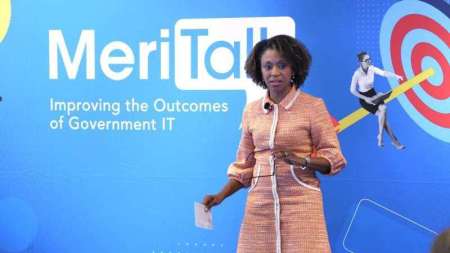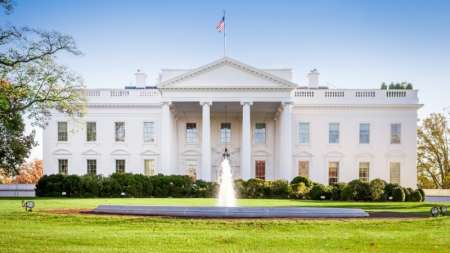It is a truism in government that artificial intelligence (AI) and machine learning (ML) are the wave of the future, offering many opportunities for increased efficiency and accuracy that help to better serve the public. Early adopters in the Federal government have realized some quick wins with the technologies – but it is often a challenge to understand when those technologies are mature enough to be applied to a particular problem. […]
Jen Easterly, director of the Cybersecurity and Infrastructure Security Agency (CISA), said today that her agency has found no “credible” threats that would disrupt U.S. elections infrastructure. […]
The U.S. Army has issued a request for information (RFI) for industry feedback on approaches currently being developed to address software supply chain issues, with a focus on the “acquisition, validation, ingest, and use of Software Bills of Material (SBOMs) and closely associated matters.” […]
Reps. Katie Porter, D-Cali., and Gerry Connolly, D-VA., introduced new legislation last week that aims to strengthen how the Federal government serves the American public by giving six agencies specific marching orders on improving online and other services. […]
The Federal government’s push to improve the nation’s cybersecurity posture across the board has taken shape through numerous policies and actions, but none are more important than the ongoing goal of creating more responsive operational collaboration with the private sector, Federal cybersecurity leaders said on Oct. 28. […]
The Defense Information Systems Agency (DISA) has awarded Lumen Technologies a $1.5 billion contract to provide network transport and communications services in the Asia Pacific region. […]
The U.S Navy’s top cyber advisor has released the service branch’s new Cyberspace Superiority Vision (CSV) to guide and improve the Navy’s cyber posture. […]
Government and private sector experts discussed the extent to which zero trust cybersecurity principles ought to be applied to the larger problem of achieving better supply chain security at an Oct. 26 event organized by the Atlantic Council. […]
Chris Cleary, the U.S. Navy’s principal cyber advisor, said that data is the fuel driving the implementation of zero trust security architectures, and said agencies moving in that direction need to meet the challenge of identifying data and protecting it. […]
The Technology Modernization Fund (TMF) today announced a nearly $2 million investment to modernize the U.S. AbilityOne Commission’s Procurement List Information Management System (PLIMS) software. […]
Republican leaders on the House Energy and Commerce Committee introduced three pieces of new legislation last week that would direct Federal agencies with expertise over discrete industry sectors to take on larger roles in expanding cyber protections for those sectors. […]
President Biden will replace Internal Revenue Service (IRS) Commissioner Charles Rettig when his term ends on November 12, Secretary of the Treasury Janet Yellen announced. […]
The Federal Communications Commission on Oct. 27 voted to approve a notice of proposed rulemaking that aims to shore up the cybersecurity and operational readiness of the Emergency Alert System (EAS) and Wireless Emergency Alerts. […]
The Cyber Safety Review Board (CSRB) is moving closer to releasing a new report with further cybersecurity recommendations, according to Rob Silvers, the Department of Homeland Security’s (DHS) under secretary for policy. […]
The U.S. Department of Agriculture (USDA) has awarded $53 million in modernization grants to tackle technology modernization goals for the agency’s Special Supplemental Nutrition Program for Women, Infants, and Children – otherwise known as WIC. […]
The Department of Veterans Affairs’ (VA) technology education pilot program for veterans needs to create better outcome measures to evaluate how well the program is working, along with a plan for improvement, according to a new report from the Government Accountability Office (GAO). […]
The Defense Advanced Research Projects Agency (DARPA) is seeking information for a new, $1 billion contract to provide technical analytical support services (TASS), according to a recent request for information. […]
Private sector firms who supply the government with security technologies and the professionals that make them work are seeing this year’s Cybersecurity Awareness Month and its theme – See Yourself in Cyber – as a call to jumpstart the skills training needed to fill the expanding deficit in the U.S. cybersecurity workforce. […]
People are the most important aspect to securing network systems, yet they possess the ability to be the most vulnerable part of any highly secure system, according to Phil Fuster, vice president of sales at Proofpoint. […]
The National Archives and Records Administration (NARA) has announced that they have digitized over 200 million documents to the National Archives Catalog on Oct. 26. […]
The U.S. Citizenship and Immigration Services (USCIS) saved $26 million last year by automating their alert and response to threats against the agency’s data that is secured in the cloud, according to the USCIS chief information security officer (CISO). […]
The Federal government is increasingly pushing for cyber resilience in the face of unrelenting attacks as a mission-critical capability. But getting there is no easy task. […]
Brian Conrad, acting director of the General Services Administration’s (GSA) Federal Risk and Authorization Management Program (FedRAMP), pointed to the program’s service re-use progress over the past year at an Oct. 20 ATARC event, including a 60 percent jump in re-use by Federal agencies of approved cloud services over the past year. […]
Tech-sector trade group Alliance for Digital Innovation (ADI) sent a letter to the House and Senate Armed Services committees on Oct. 20 asking lawmakers to reconsider a provision in the forthcoming national defense policy bill that would require vendors to provide a software bill of materials (SBOM) on the technology they provide government agencies. […]
The National Aeronautics and Space Administration (NASA) has selected 16 people to participate in the agency’s independent study team on unidentified aerial phenomena (UAP), with the team beginning its research work on Oct. 24. […]
The Cybersecurity and Infrastructure Security Agency (CISA) today unveiled its long-anticipated cybersecurity performance goals (CPG) to help critical infrastructure owners and operators prioritize and set a foundation for key security measures. […]
Kemba Walden, principal deputy national cyber director in the Office of the National Cyber Director (ONCD), today laid out what to expect from her office over time as it puts into place a national cybersecurity plan, what ONCD expects of the private sector, and what both can expect from each other. […]
The White House announced on Oct. 26 that it will expand the Industrial Control Systems (ICS) Cybersecurity Initiative to the chemical sector, as part of a larger effort to set cybersecurity baselines for critical infrastructure and protect infrastructure from cyber threats. […]
Reps. Elise Stefanik, R-N.Y., and Mike Gallagher, R-Wis., have introduced new legislation that aims to counter the influence of foreign adversaries on the United States telecommunications infrastructure – and beyond the current sanctions on China-based equipment makers including Huawei and ZTE. […]
The sharpest edges of Federal technology innovation and implementation will take center stage on November 9 in Washington, D.C., at the in-person Red Hat Government Symposium 2022 event produced in association with MeriTalk. […]




